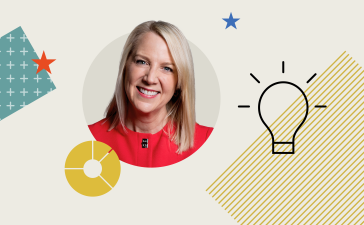
The Swiss National Bank (SNB) has made headlines by being the first major central bank to lower interest rates in recent months. This decision was motivated by inflation falling back into the SNB’s target range.
Switzerland has seen milder inflation than many other major economies. The Swiss National Bank’s actions have helped to keep inflation in check. Overall inflation in August 2024 was 1.3%, primarily driven by higher rental costs.
When excluding rent increases, inflation was even lower at 0.8%, suggesting that underlying prices might be declining. “As this happens, the overall inflation rate could fall to below 1%,” said analysts at Alpine Macro.
The Swiss National Bank cut interest rates due to a rapid decrease in inflation, which has returned to its target level.
Unlike other countries experiencing persistent inflation, the SNB is worried that inflation might drop too low, potentially harming economic stability. This concern is heightened by Switzerland’s slow economic growth and increasing unemployment.
Switzerland’s economic outlook is increasingly concerning, with several indicators pointing towards a period of sluggish growth. “The PMI remains below the critical 50 level, indicating that sluggish growth should persist,” analysts said.
Concurrently, the Employment PMI suggests that the labor market is softening, with unemployment expected to rise. This combination of low inflation and weak economic growth could push the SNB to further ease its monetary policy.
Slower wage growth has contributed to a decrease in inflation, especially in the service sector. Services, excluding rent, make up a big portion of the Consumer Price Index (CPI), and any weakness in this sector could further lower overall inflation. This might lead to more aggressive interest rate cuts by the SNB.
The market is expecting the SNB to lower interest rates to about 0.5% by mid-2025. However, some experts believe this expectation might be too conservative.
If inflation keeps falling, the SNB could be forced to cut interest rates even more, possibly all the way to zero. This would mean a real interest rate of -0.5%, considering inflation could drop to 0.5%.
Former SNB President Thomas Jordan has previously indicated that the neutral real policy interest rate is near zero. If inflation drops below the SNB’s target, the central bank may need to implement a more stimulative policy by cutting rates below the neutral level. This scenario could see the SNB adopting a zero-interest-rate policy to counteract the deflationary forces in the economy.
Alpine Macro suggests that investors holding Swiss bonds should consider maintaining a higher-than-average duration to potentially benefit from rising bond prices if the Swiss National Bank lowers interest rates to zero.
However, for global fixed-income portfolios, a slightly reduced allocation to Swiss bonds might be advisable, as other central banks may have more room to cut rates, potentially offering greater upside potential.
Moreover, the narrowing interest rate differentials could strengthen the Swiss franc, suggesting that global bond investors should avoid hedging FX exposure to the franc.
Additionally, Switzerland’s economic situation may offer insights into potential developments in other G10 economies, where downside inflation surprises could similarly force central banks to reconsider their monetary policies.







